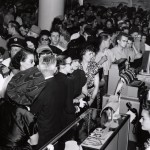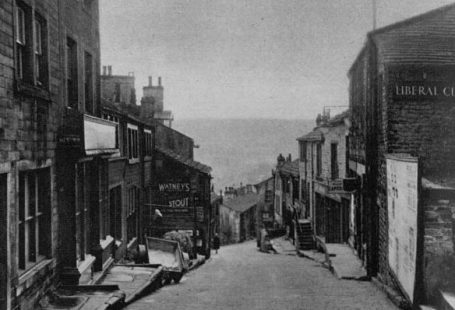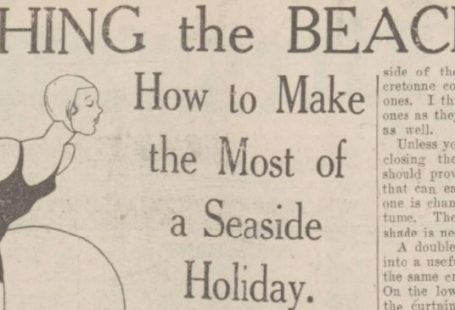The Vice Chancellor’s court in Westminster must have been chilly indeed on Thursday January 11th 1844. We don’t know if the court room was busy or if crowds had gathered to get a peek at one of England’s literary darlings. They might well have. When A Christmas Carol was published on December 19th the previous year, it had been to near universal acclaim. The first edition had sold out by Christmas Eve. But for author Charles Dickens, there was no resting on his laurels. When a pirated version of the story appeared in Peter Parley’s Illuminated Magazine in early January, Dickens immediately sought an injunction against the publication.
Despite the rapturous reception it had received, A Christmas Carol in Prose, Being a Ghost Story for Christmas was a huge gamble for its author. Dickens had been unhappy with his earnings from Martin Chuzzlewit so instead of agreeing to a lump sum for the publication of his festive novella, he decided to opt for a percentage of the profits after financing the publication himself. However, high production costs meant that he only received a fraction of what he had been expecting.
When Parley’s pirated his story, he saw red. They had changed only one of the names and the story of a miser being visited by three ghosts and learning the meaning of Christmas had remained intact, as had Dickens’ words. So that cold January day Dickens went to the courts he had covered so often as a journalist.
The Examiner covered the first day of proceedings the following Saturday.

Dickens won his suit, but the publishers of Peter Parley’s Illustrated Magazine simply declared themselves bankrupt. Dickens was left with £700 in costs, a bill equivalent to roughly £63,000 today. He was most disappointed by the financial failure of the book as it was one he held particularly dear. The message of love and generosity overcoming selfishness and greed was one that he returned to again and again in the years that followed. He sanctioned a stage adaptation of A Christmas Carol which opened in February 1844 and ran for 40 nights.

He also published additional Christmas stories in 1844, 1845, 1846, 1847 and 1848, which all followed the same pattern as that followed by Scrooge with a strong theme of social justice.

A Christmas Carol has never fallen out of print, and Dickens tale really did help to create Christmas as we know it today. The phrase ‘Merry Christmas’ became popular after it appeared in the story, and Scrooge and his impatient exclamation of ‘Bah Humbug’ has entered into the language in its own right. All this despite the rather rocky start its publication had for Dickens.






1 comments On The Spirit of Christmas Fake
I like to play this extra ordinary card game which is so useful and entertaining. If you are getting bored with your free times then only this platform entertain you free and you will no need to download this in to your PC.